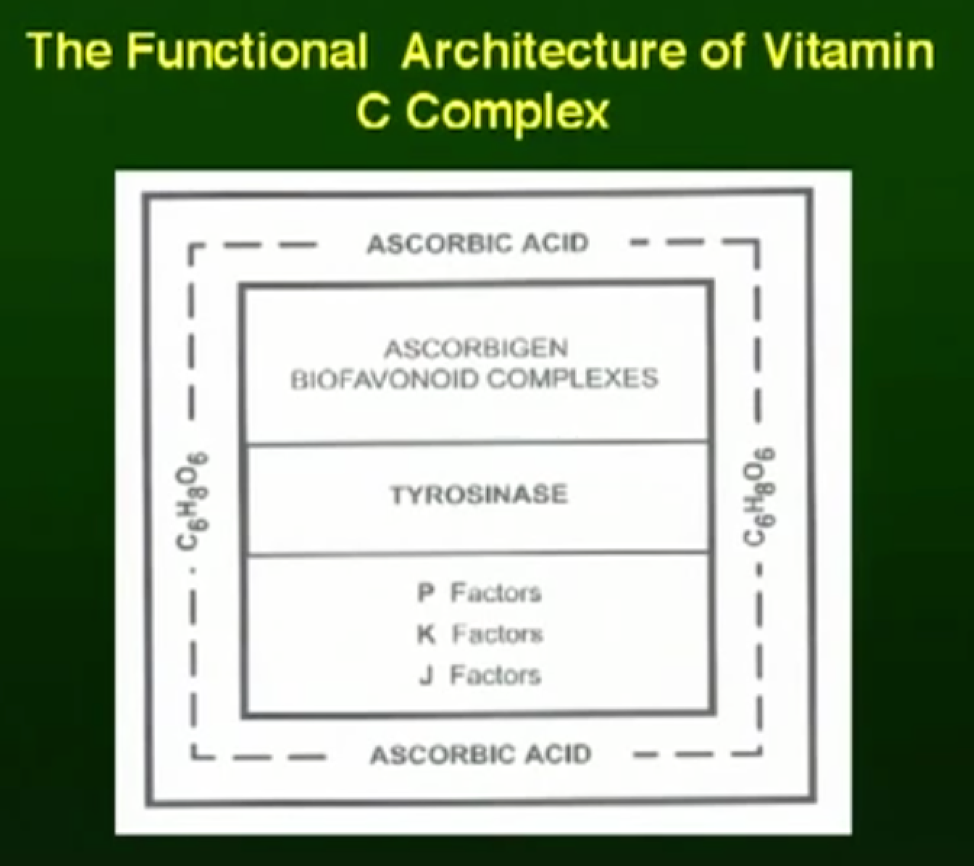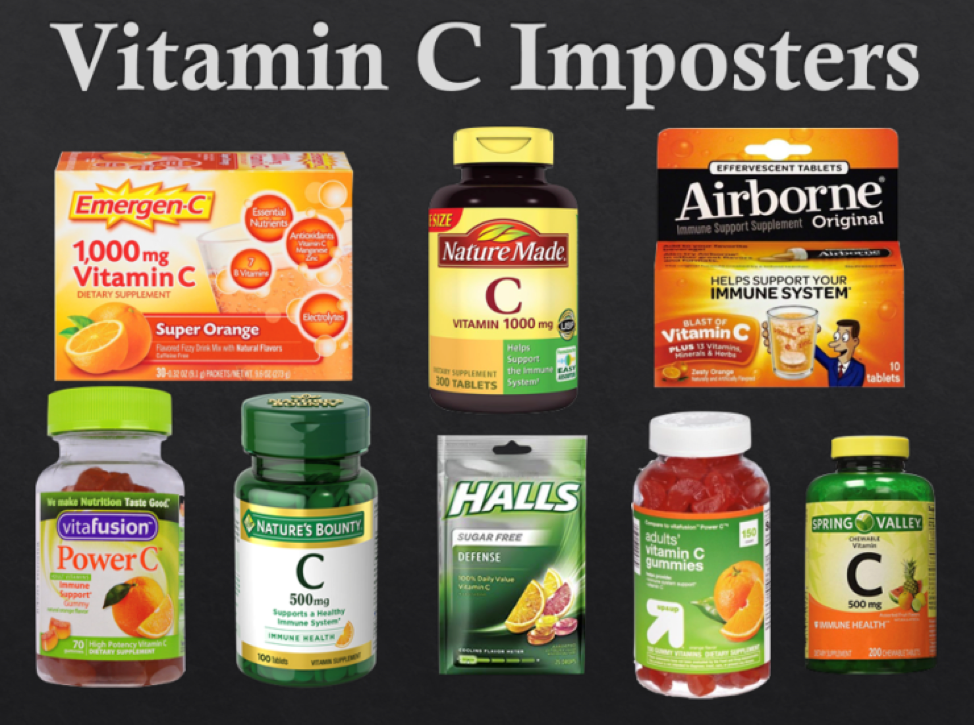Vitamin C is a water-soluble vitamin that our body does not produce on its own. Therefore, it’s important to eat foods that are high in vitamin C and / or use whole food supplements daily. Vitamin C is most noted for its ability to support our immune system, which is true, but it’s also a powerful antioxidant and has been shown to play a key role in preventing many types of cancers. Some of the other important functions of vitamin C are to maintain collagen, which is a protein needed for the proper formation of skin, ligaments, and bone. If you are taking a collagen supplement it’s important to take vitamin C at the same time so your body can utilize the collagen. Vitamin C also helps aid in proper wound healing, mend fractures, and can help prevent viral and bacterial infection.
Some symptoms of vitamin C deficiency are scurvy, tooth loss, gingivitis, bad breath, bone disease, bleeding gums, increased risk of infection, colds, and respiratory infections. It’s important to note that heat destroys vitamin C. Most commercially produced orange juices are pasteurized, which means it’s been heated to a temperature in order to destroy potentially harmful pathogens. While it may destroy those pathogens it also destroys the beneficial bacteria and nutrients, such as vitamin C. In “The Amishman’s Handy Guide to Minerals, Vitamins, and Food Supplements,” Dr. Richard Olree stated, “Heat destroys vitamin C. This means that for every meal you cook, 100% of the vitamin C content has been destroyed. Many go through an entire winter cooking food because they like something warm. Humans cannot make vitamin C in their bodies, unlike most mammals, so our only source of this valuable complex is dietary.”
Some good food sources of vitamin C are acerola cherries, bell peppers, broccoli, onions, potatoes, spinach, and goji berries. It’s important to buy food that is organic and foods that are genetically modified should be avoided at all costs.
Which brings me to my next point – vitamin C is a complex. So many supplements in the marketplace list their source of vitamin C as ascorbic acid. Ascorbic acid, while it may have some therapeutic benefit, is only an isolate of the vitamin C complex. I’ll include a picture to demonstrate this. The bottom line is, if you are only taking ascorbic acid you are not getting the full benefit that you would from taking the vitamin C complex. Below is a picture from my lecture on vitamins highlighting some of the “vitamin C imposters” in the marketplace today.
My family takes a vitamin C supplement each day that is comprised of the entire C complex and I encourage you and your families to do the same. My favorite is the C Complex from Food Research and you can purchase that at Integrated Health Services but you need to be a client before you will be able to place any orders.


